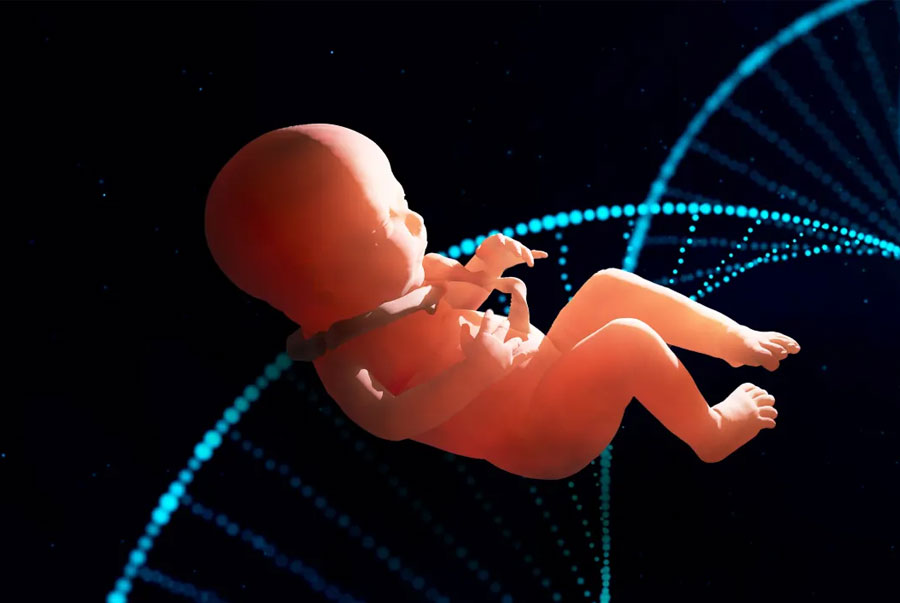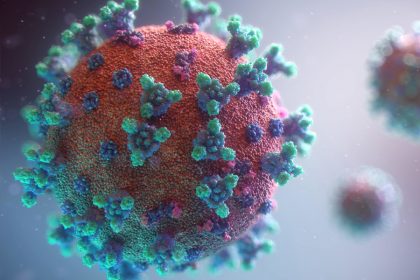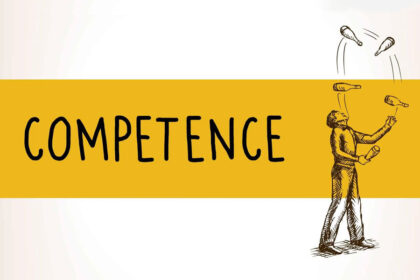Hi readers! How would you react upon seeing a child moving here and there with human emotions? Unbelievable, isn’t.
Don’t be surprised. It’s a reality: a miracle from China that they call the world’s first Artificial Intelligence (AI) based child known as Tong Tong or Little girl’s avatar. Beijing Institute for General Artificial Intelligence (BIGAI) developed this child which they unveiled on February 2nd, 2024, and are calling it the world’s first artificial intelligence (AI) child. Please read the full article on the following link.
According to BIGAI, Tong Tong is a huge step toward achieving a general artificial intelligence (AGI) agent: a machine that can think and reason like a human being.
An artificial general intelligence (AGI) is a hypothetical type of intelligent agent which could learn to accomplish any intellectual task that human beings or animals can perform. In simple words AGI is a hypothetical form of artificial intelligence in which a machine can learn and think like a human if it develops self-awareness and consciousness enough for solving problems, adapt to its surroundings and perform a broader range of tasks.
BIGAI, which is a cutting-edge research and development (R&D) non-profit organization, operates under the leadership of Zhu Song Chun: a world-renowned scholar in the field of AI.
AI based agents are normally single-task agents but, an AGI based agents could be universal agent: a research endeavor advocated by Zhu Song Chun who developed a technique through which he can create a body capable to have self-directed abilities in perception, cognition, decision-making, learning, execution, and social collaboration while simultaneously seeking alignment with human emotions, ethics, and moral concepts. This way, it represent a multifaceted and ethically resonant approach to AI.
According to South China Morning Post, when Tong was showcased, she exhibited a behavior and capabilities similar to those of a child with three to four years of age.
Visitors interacting with Tong watched her cleaning the surroundings, autonomously correcting a curved picture frame and fetching a stool to reach higher spots.
Surprisingly, when Tong was confronted with a spilled liquid, she promptly located a towel and efficiently cleaned up the mess, showcasing her ability to understand and respond to human intentions.
What differentiate Tong Tong from conventional large language models(LLM) in AI, like Open AI’s ChatGPT or Google’s Bard, is her ability to assign tasks to herself independently. She demonstrated a level of autonomy previously unseen in virtual entities. Additionally, she possessed her own emotions and intellect thereby making her capable of autonomous learning which is a significant development in the realm of AGI said Songchun who developed Tong Tong.
He further explained that this task can be achieved by changing AGI’s “Parrot paradigm” (bigdata small task structure) into “crow paradigm” (small data big task structure): a technique that he specifically used to develop Tong Tong.
“To achieve this goal (AGI), it is necessary to change the ‘parrot paradigm’ with ‘big data, small tasks’ as the structure and convert it into the ‘crow paradigm’ based on ‘small data, big tasks’ as the structure,” said Songchun in a press release.
Parrot learning is a simple imitation through repeated training which is a kind of low-level intelligence. Conversely, crow paradigm means independent reasoning, behavior, and advanced intelligence driven by value and cause and effect which is only possible with a high level of intelligence.
Tong Tong is an important landmark of BIGAI in the past two years of the Beijing General Artificial Intelligence Research.
Song Chun’s team also proposed a new method for testing general artificial intelligence called the Tong test. This is different from the Turing test, which can only tell us whether an AI has reached a certain level of human communication but cannot measure its intelligence.
The Turing test, originally called the imitation game by Alan Turing in 1950, is a test of a machine’s ability to exhibit intelligent behavior equivalent to, or indistinguishable from, that of a human
The team of scientist is now developing another test through which almost 100 specialized tasks and over 50 general tasks will be performed on Tong for assessing an AI on vision, language, cognition, motion, and learning by incorporating diverse value system, encompassing physiological, survival, emotional, social, and group values.
That’s how it is Dear readers! Hold your breath as you will see much more than this around you in the near future. The world is moving very fast. Catch it if you can?
See you next week. Take care, Bye.





